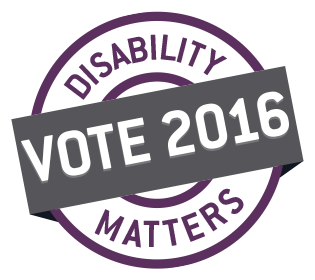Timely Access to Services for Manitobans with Disabilities and their Families
Manitobans with disabilities look to government to develop, manage and fund services that provide essential supports and enable them to participate in all aspects of the community. Some Manitobans with disabilities receive prompt and effective services. But many other Manitobans with disabilities and their families have very real, pressing and often urgent needs that simply are not being met.
The failure of these systems comes at a very high cost. At the most fundamental level, the human costs are enormous. Long delays in accessing different programs mean months and even years of anxiety and crisis. Due to wait lists, some individuals no longer meet the eligibility requirements by the time their turn arrives, resulting in significant loss of opportunities and unrealized potential.
These failures create long-term costs to the public purse and taxpayers. Delayed care leads to more acute issues and an increased use of much more costly medical and non-medical government services, including the criminal justice system and health care system. For many types of disabilities, the important choice is to pay a little now to provide effective services when they are first needed, or to pay a lot more later because the needs were not met when effective programming could have made a lasting difference. And the current and future well-being of Manitobans with disabilities and their families lie in the balance.
To provide a few examples:
- Waiting lists for early intervention services for children with autism now exceed two years. Most disturbing is that some of these children never actually receive these essential supports because they are too old and are no longer eligible when the services become available.
- People with Post Traumatic Stress Disorder (PTSD) and other mental health issues currently do not have timely access to treatment. Waiting lists for access to psychologists in the public health system is an estimated two years.
- Some families with adult children with intellectual disabilities are waiting up to ten years, and sometimes even longer, to access residential services.
- The wait times for homecare services required by persons with disabilities and seniors living in the community in Winnipeg and southern Manitoba is 37 and 31 days respectively after first referral. Even then, Manitoba’s Auditor General found that the services provided were not always reliable.
Ensuring responsive and inclusive access to these services and service systems is good public policy. It’s also Manitoba’s obligation under the Article 26 of the United Nations Convention on the Rights of Persons with Disabilities (CRPD).
